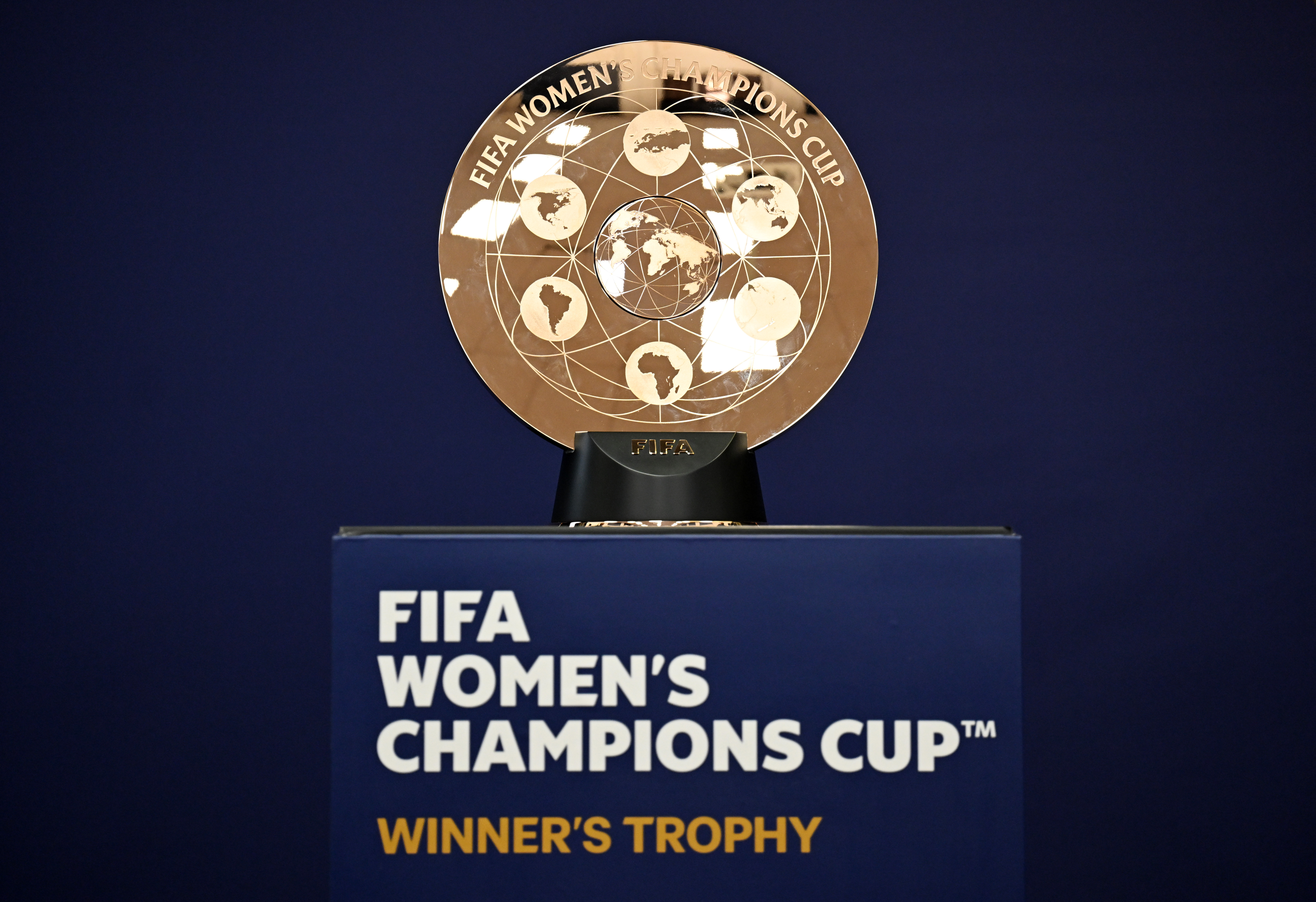A Bari clasico between locals from Italy and Spain

A grainy photograph taken in the early 90s shows a mischievous looking scamp riding a green bicycle through the streets of Bari Vecchia, his hair parted to the side, as though combed by a doting mother.
It's unclear where he is going, but one can hazard a guess at Pro Inter, the local football club where he would play until darkness fell.
Tonight that little boy returns home. His name is Antonio Cassano, and Pro Inter's owner Tonino Rana, the man who discovered him as a seven-year-old, will unveil a poignant banner as Italy's players walk out on to the pitch at the San Nicola for their friendly against world champions Spain.
"It will be written in Neapolitan," he told La Gazzetta dello Sport," and inspired by a scene from 'O' Zappatore' by Mario Merola: 'Sons can forget their mothers, but mothers never forget their sons'. I am Antonio's mother from a football point of view." ⨠â¨Bari's maternal instinct will no doubt be piqued enough to guarantee Cassano a warm reception â and he could certainly do with a cuddle right now.
Apparently 5kg overweight when he arrived at Milan's pre-season training camp, Cassano isn't first choice for his club and risks losing his place for his country ahead of the 2012 European Championship in Poland and the Ukraine. â¨
â¨Italy coach Cesare Prandelli has always stood by Cassano, most notably throughout his ugly dispute with Sampdoria last autumn. But after picking him at every available opportunity in his first year in charge of the Azzurri, even he now admits that only Villarreal striker Giuseppe Rossi is assured of a position up front. ⨠â¨
Still, Cassano will definitely start again this evening. But the neutrals in the crowd would do well to turn their attention to another 'local' player, one who wears the Roja of Spain, not the Azzurro of Italy. ⨠â¨
The best features, fun and footballing quizzes, straight to your inbox every week.
Thiago Alcántara was born in San Pietro Vernotico, a town about two hours drive from Bari. His father is Mazinho, a key component of the Brazil squad that won the World Cup in 1994 and also one of the participants in Bebeto's famous rock-the-baby celebration. ⨠â¨
At the time of Thiago's birth in 1991, Mazinho was playing for Bari's fierce local rivals Lecce. Giuseppe Palaia, a doctor then associated with the club, still remembers the due date. He was the anesthesiologist. ⨠â¨"It's a day I will never forget," Palaia told La Gazzetta dello Sport. "Mazinho wanted to film the birth on a video camera, but at a certain point he was about to faint...
âÂÂHe was a great professional: a Brazilian, but with the work ethic of a German. With a father like that, it doesn't surprise me that Thiago was destined to become a footballer. One day, I would like to see them again." â¨
â¨Thiago spent the first year of his life in Italy. His father moved on to Fiorentina, with whom he played a season in midfield alongside Dunga, before returning home to Brazil and Palmeiras. â¨
â¨His part in the Seleçao's triumph at the World Cup in the United States attracted attention from Spanish clubs, so Mazinho returned to Europe with Valencia and then Celta Vigo.
It was along the Galician coast that Thiago grew up, playing futevolei with his father and his younger brother Rafa like they were on the sandy beaches of the Copacabana. â¨
â¨"I understood that Thiago could do something in football when he was an eight-year-old," Mazinho recalled. "We were in Vigo and above all he dedicated himself to five-a-side. In 2005, Barcelona signed him and I followed him there." ⨠â¨
With the genes of a World Cup winner already instructing his DNA, Thiago then arguably had the best football education anyone could hope for at La Masia, Barcelona's esteemed academy. He worked for a short while with Pep Guardiola in the B team before becoming a regular in the same side under Luis Enrique. ⨠â¨
As fate would have it, Thiago's debut with Barcelona B would come in Vigo, and before long word of this midfielder's special talent had spread to the rest of his adopted country. â¨
â¨How can anyone forget the brilliantly-conceived free-kicks he executed with Sergio Canales at the Under-19 European Championship last summer, when he chipped the ball over the wall into the box, like a golfer playing on to the green, for his teammate to finish.
â¨Doing it once clearly wasn't enough. Three days after seeing it work against England, Thiago and Canales audaciously tried it again, this time when faced with Poland. And what do you know? It came off, becoming the highlight of the tournament. â¨
â¨It was so outrageous, a few observers in the crowd were wondering why Brazil weren't making more of a fuss about calling him up. But for Thiago, the debate was cut and dried. ⨠â¨
"I have never thought about playing for Brazil," he explained on Tuesday, "because I grew up in Spain and I was formed there as a player."⨠â¨Signed to a new contract with Barcelona until 2015, which features a â¬90 million buy-out clause, Thiago, with his vision and incisiveness, is spoken of as a possible successor to Xavi Hernández.
â¨He should get the opportunity to audition for the part at some point against Italy after his clubmate was left at home following an injury to his right calf muscle. ⨠â¨
Fresh from inspiring the Under-21s to the European Championship in Denmark earlier this summer, Thiago can come of age tonight and where better to do so than near the place he was born.
Cassano should perhaps bear that in mind. After all he doesn't want another 'local' spoiling his welcome home party.
 Join The Club
Join The Club





